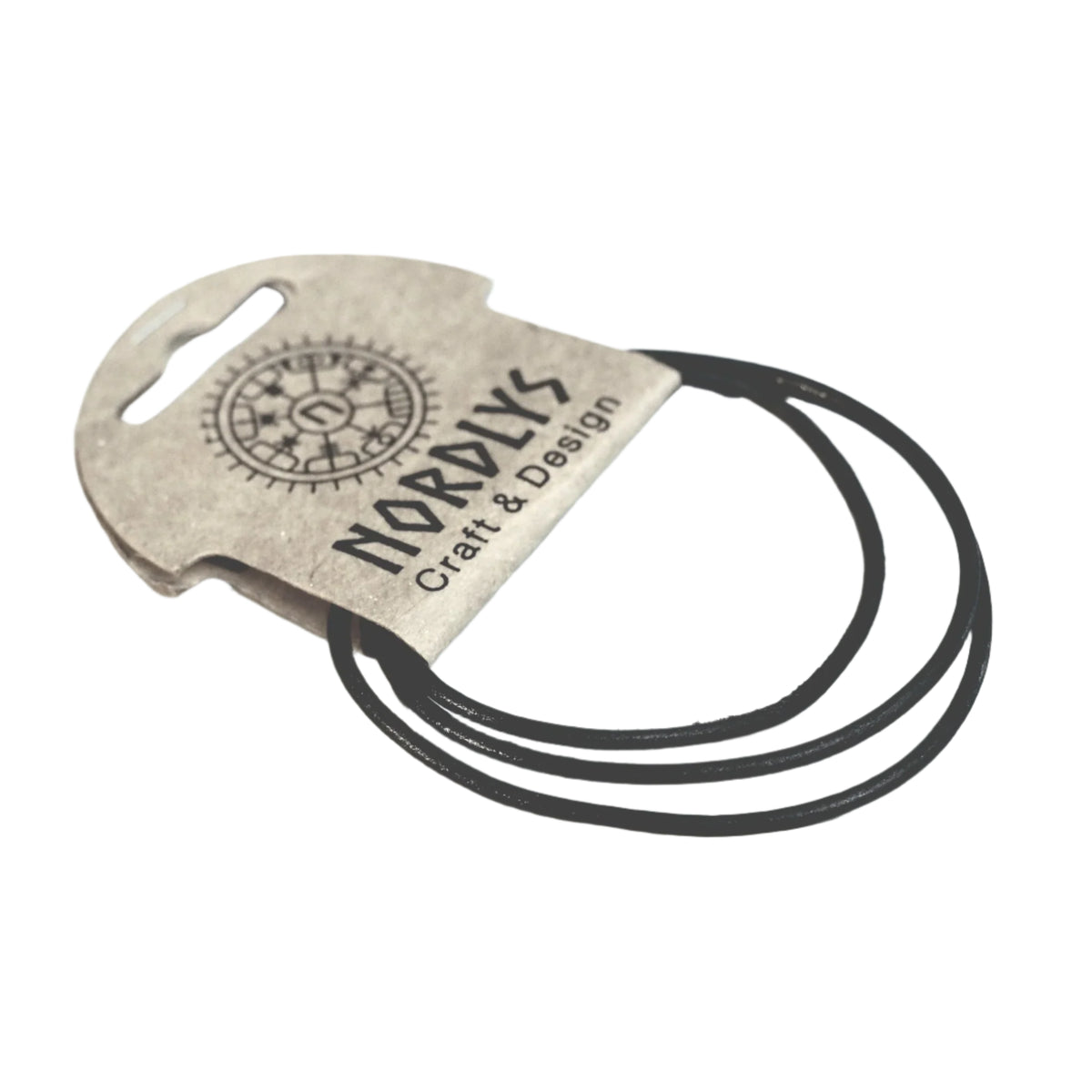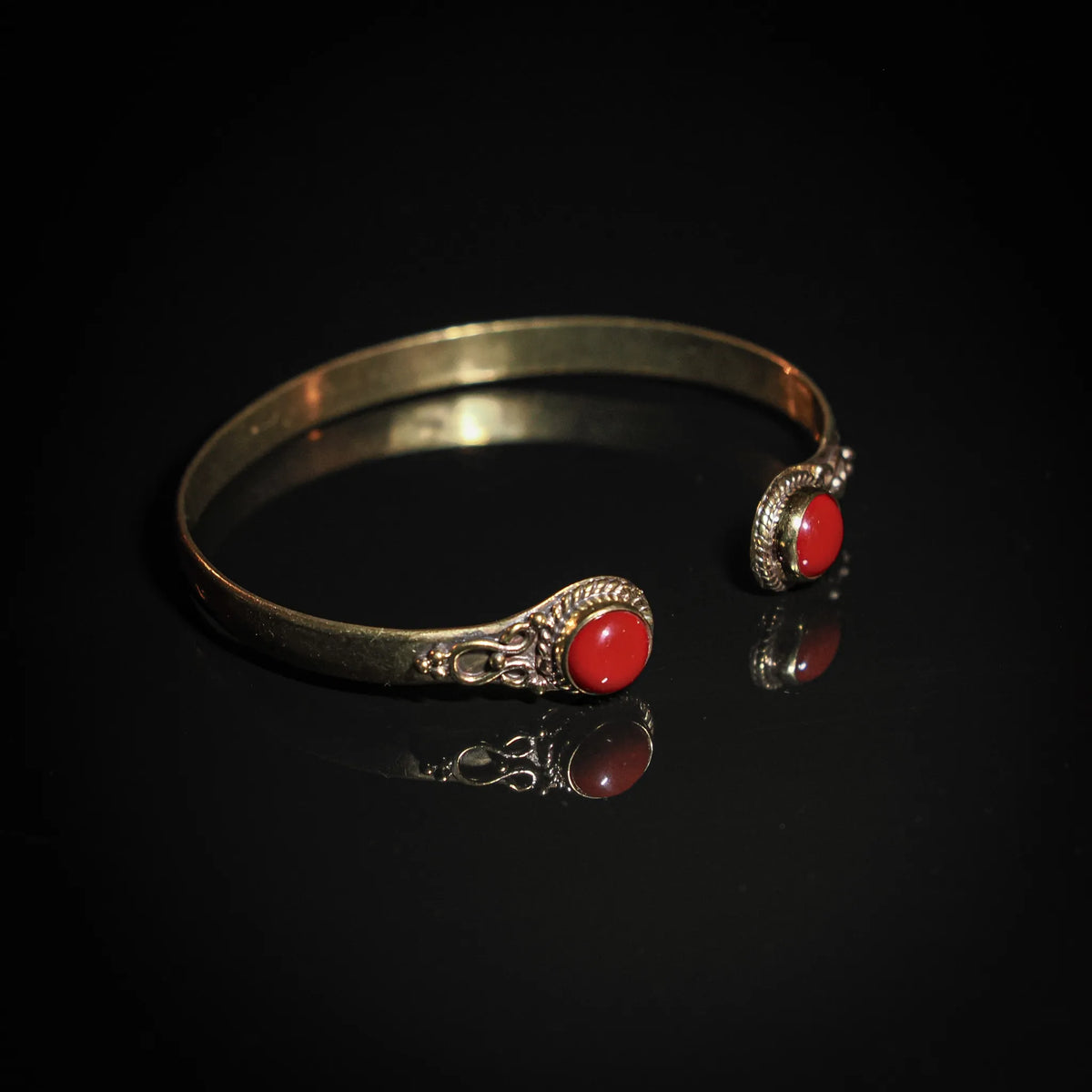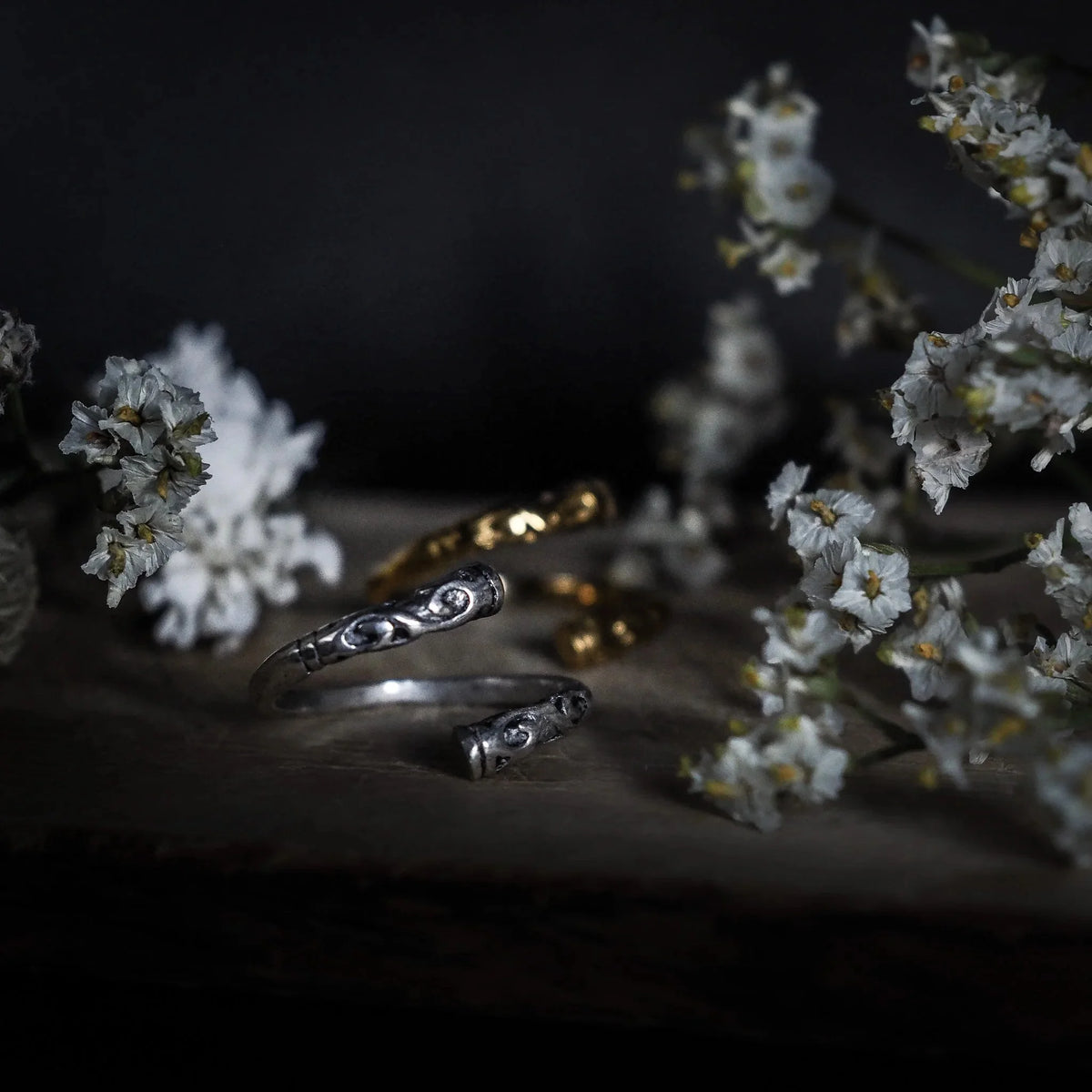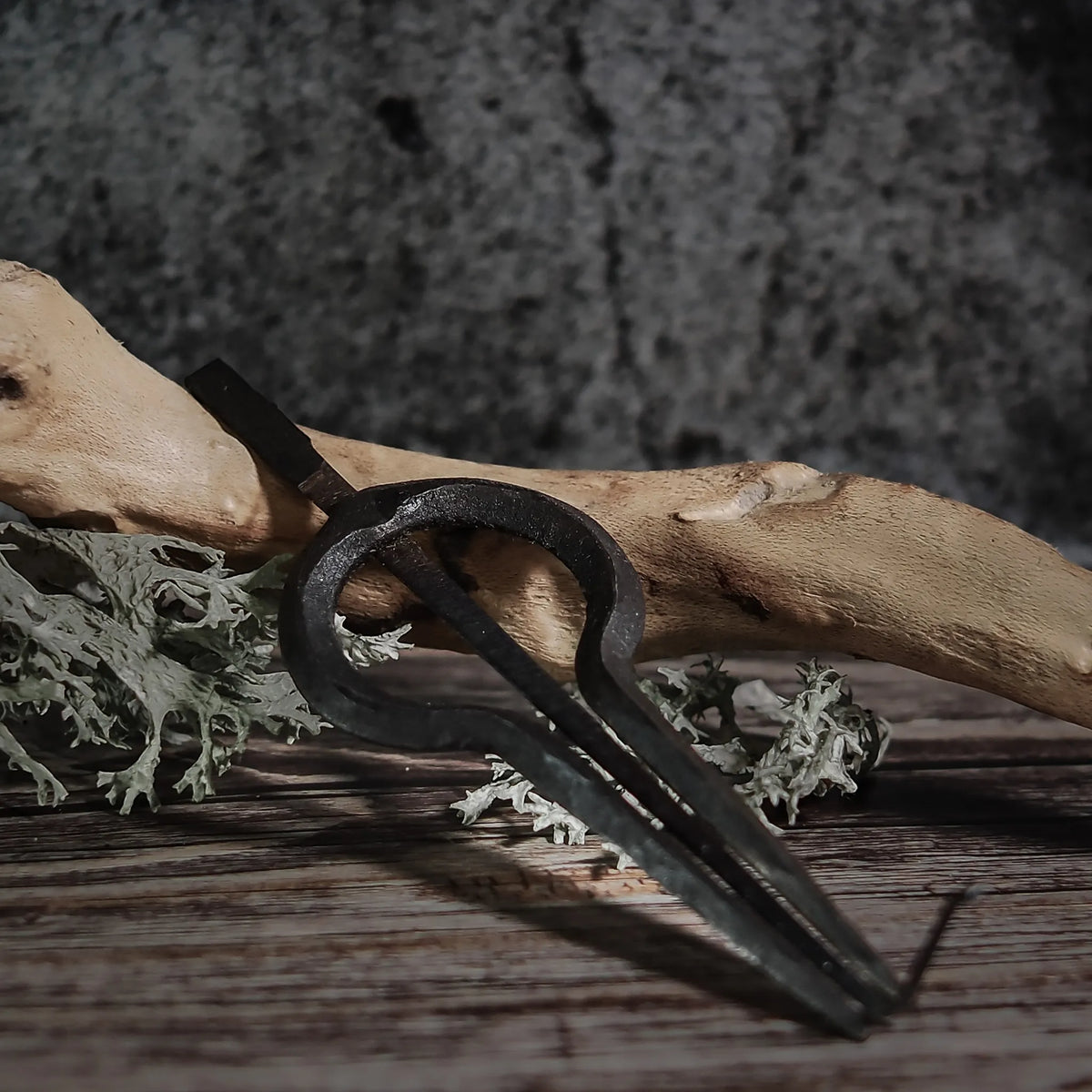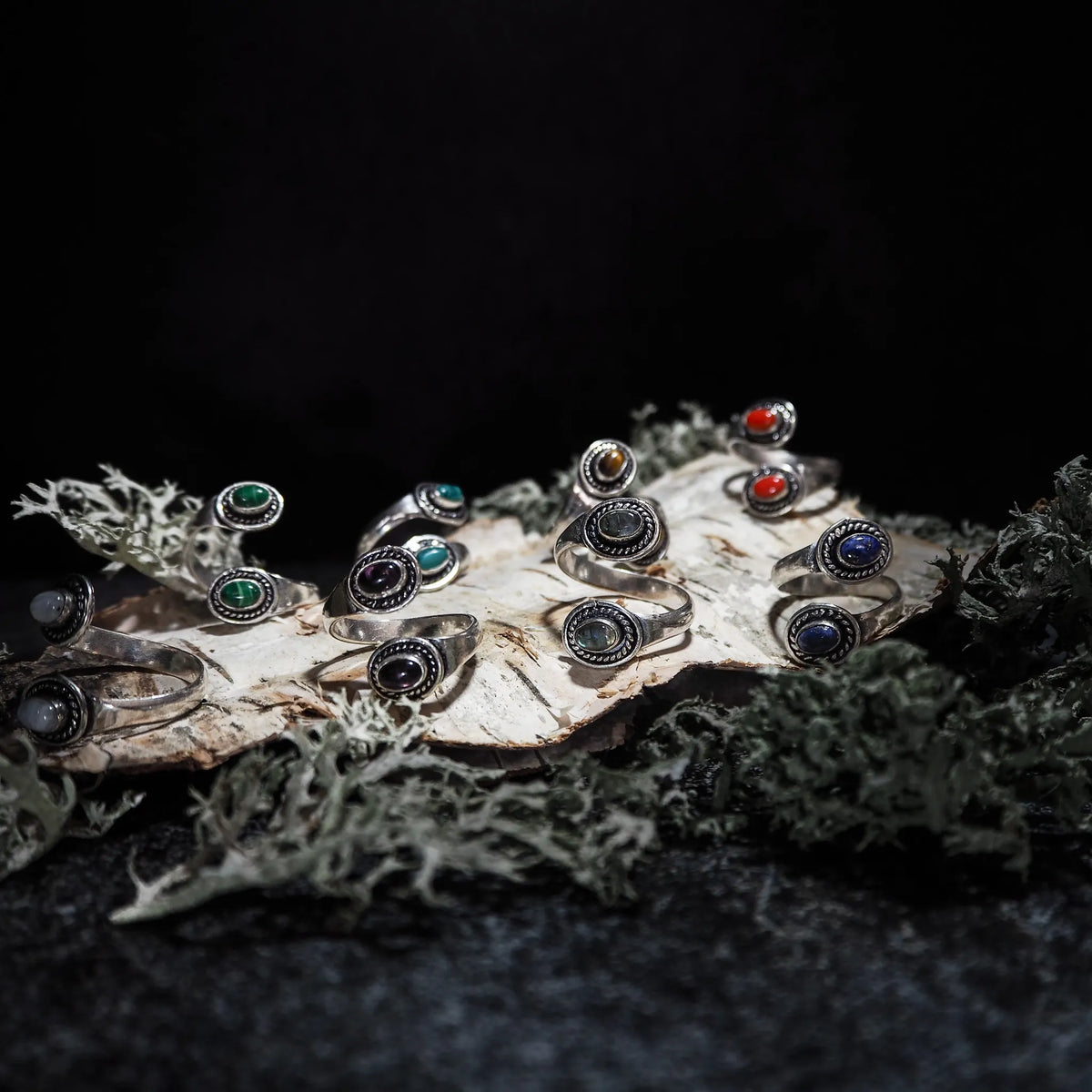The History of Viking Age Mead: A Timeline from 3000 BC to the present
Mead, also known as honey wine, has been a treat for humans for thousands of years. It is believed that mead was first made around 3000 BC, and its popularity spread across Europe and eventually to the Vikings. Viking mead has a rich history that spans centuries, and it continues to be enjoyed by people all over the world even today.
3000 BC - The discovery of mead
Mead was probably discovered by accident when a pot of honey and water was left out in the sun and fermented. This discovery led to the creation of mead, which was prized by many ancient civilizations, including the Greeks, Romans and Vikings.
800-1100 AD - The Viking Age
The Vikings were known for their love of mead, and it was an important part of their culture. Mead was often served at important events, such as weddings and festivals. The Vikings believed that mead had magical properties and could even give them strength in battle.
1300-1500 AD - The Middle Ages
During the Middle Ages, mead continued to be popular, especially among the wealthy. Monks often made mead in their monasteries, and it was considered a luxury item.
1600-1800 AD - The Renaissance
Mead continued to be enjoyed during the Renaissance, and was even mentioned in Shakespeare's plays. Mead was also used as medicine during this time, as it was believed to have healing properties.
1800-1900 AD - Industrial Revolution
The Industrial Revolution brought many changes to the production of mead. Mead was now produced in larger quantities and was often sold in taverns and pubs.
1900-2000 AD - Modern times
During the 20th century, mead fell out of popularity as other alcoholic beverages became more popular. However, in recent years mead has experienced a resurgence in popularity, and many artisan meads have opened around the world. Today, there are many different varieties of mead, including traditional mead, melomel (fruit mead) and metheglin (spiced mead).
Health benefits of mead
Besides its delicious taste, mead also has some health benefits. Mead is rich in antioxidants, which can help reduce inflammation in the body. It is considered
also have antibacterial and antifungal properties, which can help strengthen the immune system.
In summary, Viking Age mead has a rich and fascinating history spanning thousands of years. From its accidental discovery to its popularity among the Vikings and its resurgence in modern times, mead continues to be a beloved beverage enjoyed by many people around the world today.


